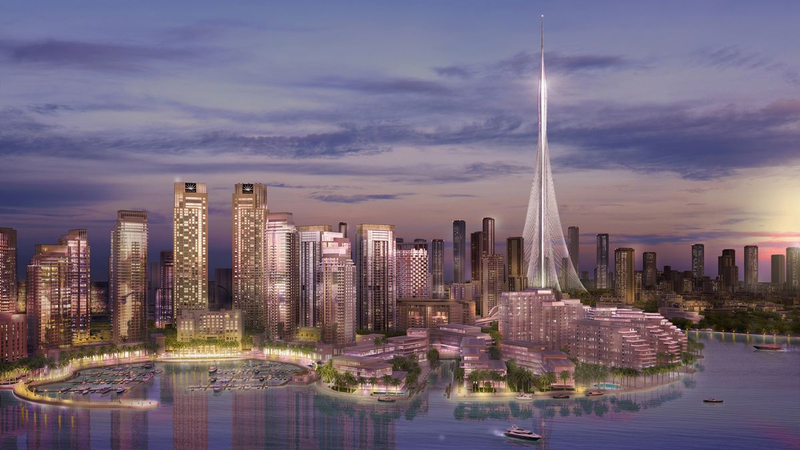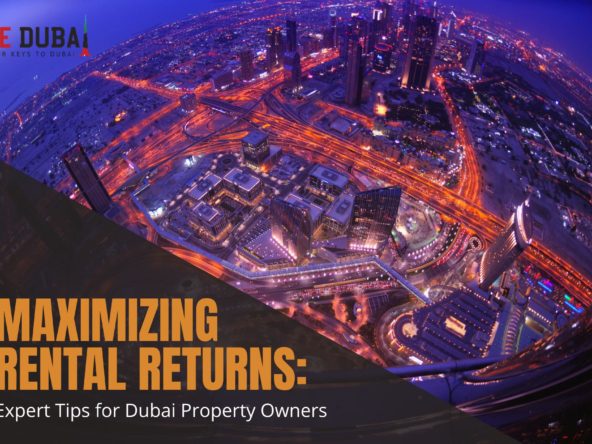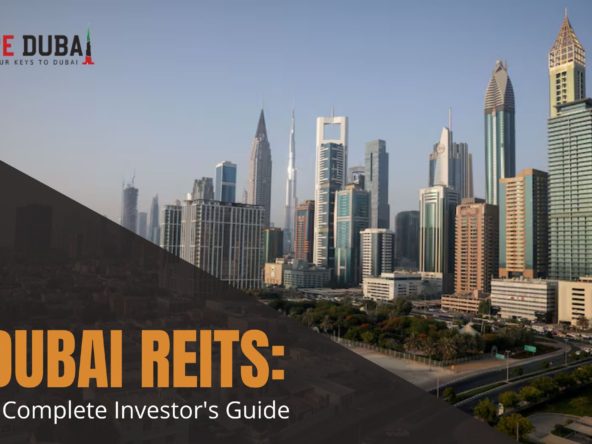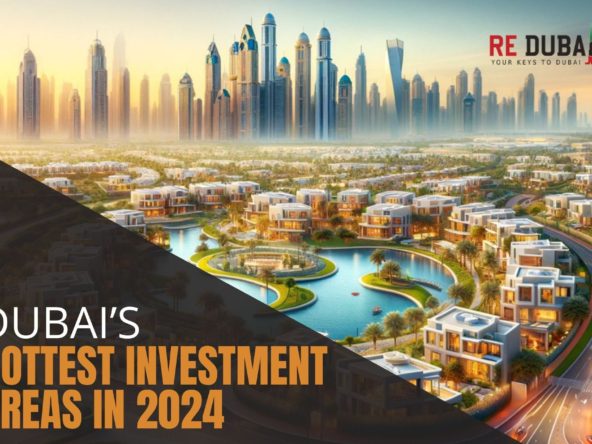The combination of increased supply in Dubai and increased short-term rentals will keep the market from collapsing.

The Dubai real estate market has historically gone through cycles.
We saw a significant peak in 2005, which resulted in a crash in 2008. It didn't take long for the market to recover, and we were back at an all-time high in 2014, only for the market to crash again in 2018. Property is once again at an all-time high in 2021, leading to speculation about when it will crash again.
I don't think so. There may be a minor correction, but I think the days of major downward swings are over. Today's market is more developed. Even during a downturn, an investor can build a portfolio and earn double-digit returns on investment.
These are the current investors in Dubai's real estate market:
1. The old-fashioned flipper: These are the people who made millions during the 2004 and 2005 real estate booms by purchasing pre-launched real estate and flipping it for triple-digit returns in a matter of days or weeks. The property had doubled or tripled in value by the time it reached the end-user, which is why markets always correct themselves. These investors will see fewer opportunities because developers are currently profiting from the first few flips. As a result, better projects are being built.
2. End users: These people are the foundation of any global real estate market. End users will always be a big part of the space and create the stability that is needed as Dubai's population grows.
3. Yield-seeking investors: These are the investors who have suffered the most in Dubai over the last year. With laws favoring tenants, it has become extremely difficult—if not impossible—to evict a tenant who pays a low rent, lowering the yield for the investor. A 3-5% return is simply not enticing enough for this investor.
The vacation rental market has provided numerous benefits to the Dubai real estate sector, and I believe that the days of major crashes are over. Over the next few years, I believe you will see steady growth with only minor corrections if any.
Short-term loans offer 8–15 percent returns after all expenses to investors looking to grow their portfolio and earn a fixed income on their investments. Another advantage is that the real estate is well maintained and easy to sell, as opposed to when it is given to a long-term tenant.
With these kinds of returns, it's an appealing investment area for large funds and family offices.
Real estate in Dubai is also undervalued when compared to other global cities. As a result, through short-term rental income and property appreciation, investors can potentially double their money in five years.
To compare, a one-bedroom apartment on the Palm Jumeirah or JBR in a building with access to a private beach will set you back approximately $650,000. The same quality apartment in Los Angeles, Miami, New York, or Barcelona would cost between $1.5 million and $2 million.
The combination of increased supply in Dubai and short-term rentals will steer the market away from a major crash and toward a slowdown, only to see it rise again a few years later.
Over the next ten years, Dubai's real estate market will continue to expand significantly as new projects are announced. But, taking inflation into account, I am confident that in ten years, you will not be able to get the same one-bedroom at $680,000; we will have reached global levels by then, and that same unit will be worth more than $2 million.
SOURCE: Gulf Business




